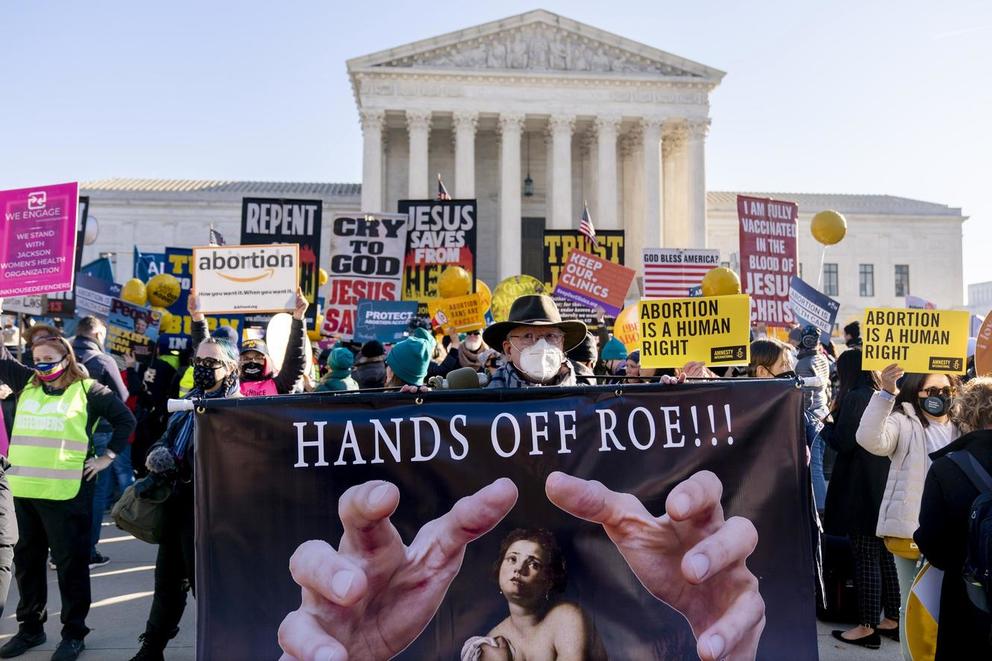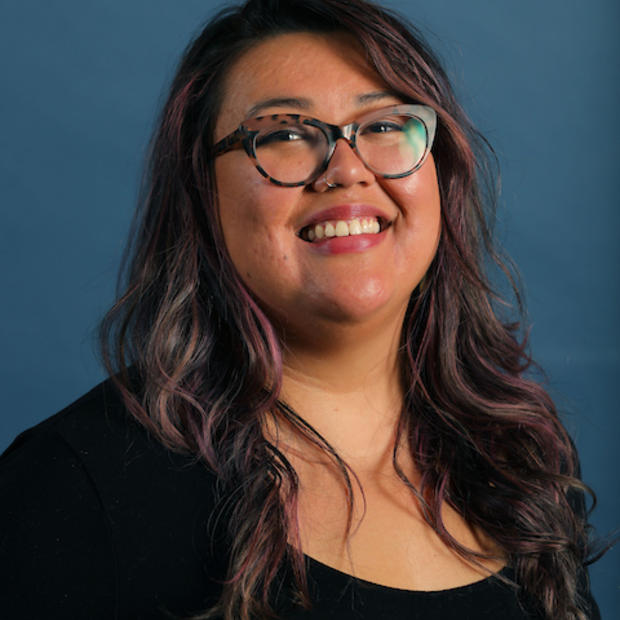Since this story was first published, Crosscut has continued to cover the issue of reproductive rights in Washington state. Reporter Megan Burbank has covered the ways that Gov. Inslee hopes to strengthen WA's abortion rights and the uncertainty around abortion rights at religious hospitals in the state. She has also detailed the opening of a new abortion clinic that will expand abortion access in Eastern Washington and has written about Washington Attorney General Bob Ferguson's preparation to face what might come next. To keep up on the latest coverage of reproductive rights in Washington state, follow Crosscut on Twitter, or subscribe to our daily newsletter.
Activist organizations and several Washington state politicians have since announced their intent to fight a Supreme Court decision that would revoke constitutional protection for abortion, and they doubled down on their commitment to a legislative solution that would ensure vulnerable people have access to abortion.
So what does this mean for abortion access in Washington state? Here are five things to know from Crosscut’s reporting on reproductive rights:
1. Washington state protects abortion rights — even if federal law changes.
In 1970, 56% of voters approved a referendum that established a limited right for women to access abortions in this state. This was later superseded when Roe passed three years later. In 1991, Washington voters approved Initiative 120, which expanded protections of a person’s right to terminate a pregnancy to any time before the fetus is considered viable.
One of the initiative’s goals was to act as a backstop for Washingtonians’ abortion rights, in case the U.S. Supreme Court acted to overturn or weaken Roe v. Wade, State Rep. Eileen Cody told Crosscut in December.
2. Abortion providers were already preparing for the overturning of Roe v. Wade.
Washington clinics have worked to scale up operations and expand telehealth services to handle a projected 385% increase in out-of-state patients seeking care, if Roe is struck down. That influx of patients could be acutely felt in Eastern Washington, where there are just five Planned Parenthood clinics.
“The number of women 15 to 49 years old whose nearest abortion provider would be in Washington could increase from 110,000 to 510,000, with up to 400,000 of those women traveling from Idaho, Montana and Oregon,” Crosscut contributor Megan Burbank reported in February.
In turn, Washingtonians would likely see longer wait times for abortions and other reproductive care.
3. Abortion pills are available by mail in Washington, but access isn’t universal.
Medication abortions have been effective for pregnancies of up to 11 weeks’ gestation. Being able to receive the pills by mail means patients can skip going to a clinic and safely have abortions at home — but logistical and financial barriers remain. These hurdles include lack of access to medication abortion in 34 states outside of Washington and requirements that the drugs be dispensed by physicians to dispense the drugs.
Patients who need to pick up medication in person face some challenges. “[W]hen patients are having to travel longer distances, they are much more likely to end up later in their gestation,” Dr. Sarah Prager, professor of obstetrics and gynecology at the University of Washington, told Crosscut in February. That “might time them out of being a good candidate for a medication abortion.”
4. To learn more about abortion access in Washington and beyond, listen to the Crosscut Festival discussion, “Post-Roe America.”
Dahlia Lithwick of Slate.com’s Amicus podcast led a discussion with Slow Burn host Susan Matthews, New York University law professor Melissa Murray and writer Jessica Bruder, who wrote “The Abortion Underground” for the May cover of The Atlantic. Listen to the conversation on the Crosscut Talks podcast here.
5. Those interested in getting the clinical perspective on abortion care can watch Our Bodies, Our Doctors on a variety of streaming channels.
The documentary, released in 2019, brings viewers inside Washington, Oregon and Oklahoma abortion clinics to meet the people working intimately with women in need of assistance. We caught up with Seattle-born director Jean Haaken and Dr. Sarah Prager, a professor of obstetrics and gynecology department at the University of Washington featured in the documentary, in this Q&A.






